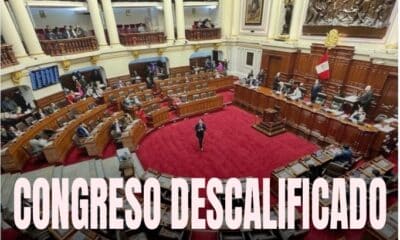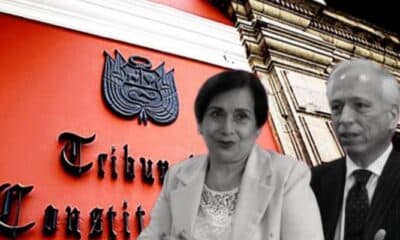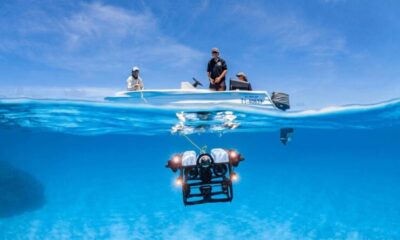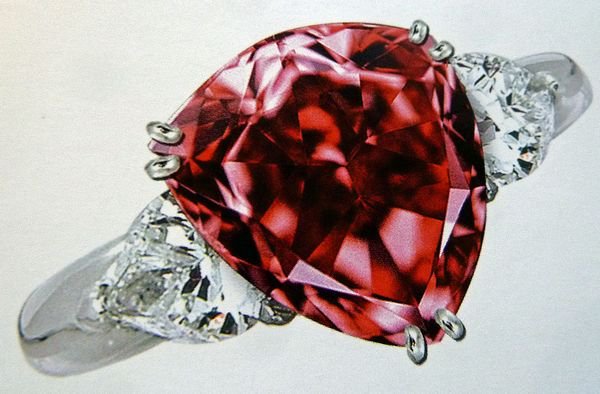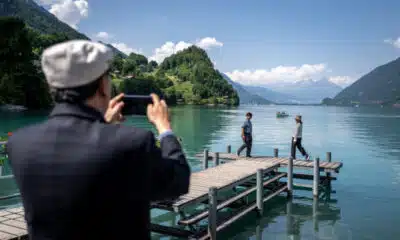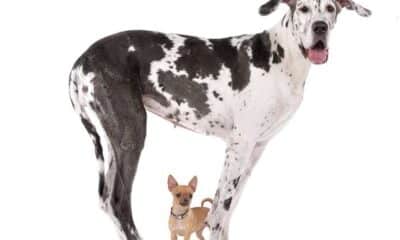

Entretenimiento
Caroline Calloway, la drogadicta influencer con una «vida perfecta» en Instagram
En las redes sociales, viajaba por el mundo y sacaba fotos perfectas. En la vida real, era adicta a las drogas y contrajo deudas de millones. La historia es contada por una amiga que aspira a ser escritora.
Caroline Calloway tenía 27 años, casi un millón de seguidores e Instagram invadido por fotografías paradisíacas en viajes por todo el mundo. Esa era la vida que mostraba como influyente en las redes sociales. Fuera del mundo virtual, sin embargo, la realidad de esa estadounidense era otra: estaba llena de deudas, era adicta al alcohol, abusaba de las drogas y, al final, casi todos los seguidores de Instagram habían sido comprados.
La historia de Caroline Calloway fue contada por una amiga, Natalie Beach, que acompañaba a la influencia con la esperanza de inspirarse en ella y lanzarla en la escritura. En una publicación hecha la semana pasada en The Cut, Natalie Beach cuenta que las dos chicas se conocieron en la escuela en 2012: «Caroline hizo ensayos personales sobre el fin de las relaciones, tenía pestañas de seda y llevaba camisetas de cachemira sin sostén. Parecía una adulta, alguien que iba lejos y había construido una vida independiente», recuerda la joven.
Un año después, Natalie Beach pasó de ser amiga de Caroline Calloway a asistente personal de influencer. Caroline pagaba los viajes de ambas y a cambio Natalie tomaba las fotos con las que la primera alimentaba las redes sociales. La popularidad de la joven aumentó en 2015, cuando entró en la Universidad de Cambridge para estudiar Historia del Arte. Poco después, Caroline Calloway recibió una oferta millonaria para escribir un libro de memorias. Pero Natalie Beach estaba en Nueva York.
Cuando Caroline Calloway recibió la propuesta de la editorial, llamó a Natalie Beach para ayudarle en la redacción del libro. Pero no le sirvió de nada: «mi participación no fue reconocida, porque todo el garfio comercial se basaba en el hecho de que Caroline era una niña ingenua, de las que no tienen colaboradores explotados en las profundidades de Brookly y que sólo tienen tiempo para dormir. Sabía que mi trabajo era estar presente pero invisible, pero aún así dolía oír sobre las páginas que había escrito», admitió Natalie Beach.
Las dos se pelearon y Caroline Calloway, incapaz de terminar el libro, contrajo una deuda con la editora con la que había firmado el contrato. Pasaron años antes de que influencer volviera a compartir contenidos en las redes sociales. No volvió a salir hasta enero de 2019, cuando compartió consejos sobre cómo crear un personaje en Instagram y pidió el equivalente a 160 euros por un kit para principiantes. Pero era más bien un fraude.
Pero lo que más llamó la atención de los internautas fue la publicación que Caroline Calloway escribió poco antes de que Natalie Beach compartiera la historia de la amistad entre las dos en el Cut: «todo en el artículo de Natalie será brillante, maravillosamente expresado y verdadero. Lo sé no porque leí el ensayo, sino porque Natalie es la mejor escritora que conozco. Ella sufrió todas las consecuencias de ser amada por una persona adicta y ninguno de los beneficios de ser amada por la mujer en la que la rehabilitación me convirtió», confiesa.
-
Bonos Casas de Apuestas6 días ago
Los Mejores bonos de Bienvenida en Fiebre de Casinos ◀︎
-
Méjores casas de apuestas1 semana ago
The Best Ways to Make Profit from Your Online Casino Business
-
Uncategorized1 semana ago
Porqué Rusia derribó F-35 de Israel Cargado con Bomba Nuclear
-
Actualidad5 días ago
Tribunal Constitucionsl suspende medida cautelar del Poder Judicial











![Peligra CUSCO alerta experto Mundial en Explosivos [VIDEO] 120](https://pysnnoticias.com/wp-content/uploads/2021/10/MINIATURA-CASO-CUSCO-80x80.png)


